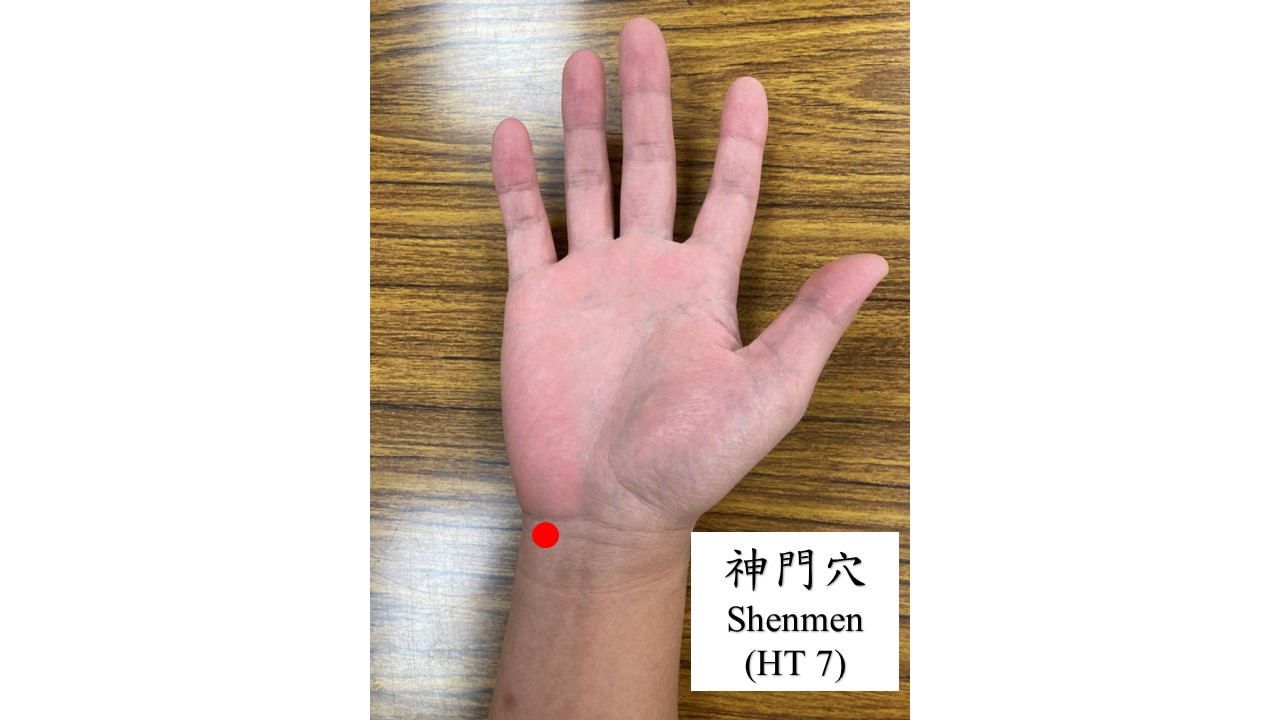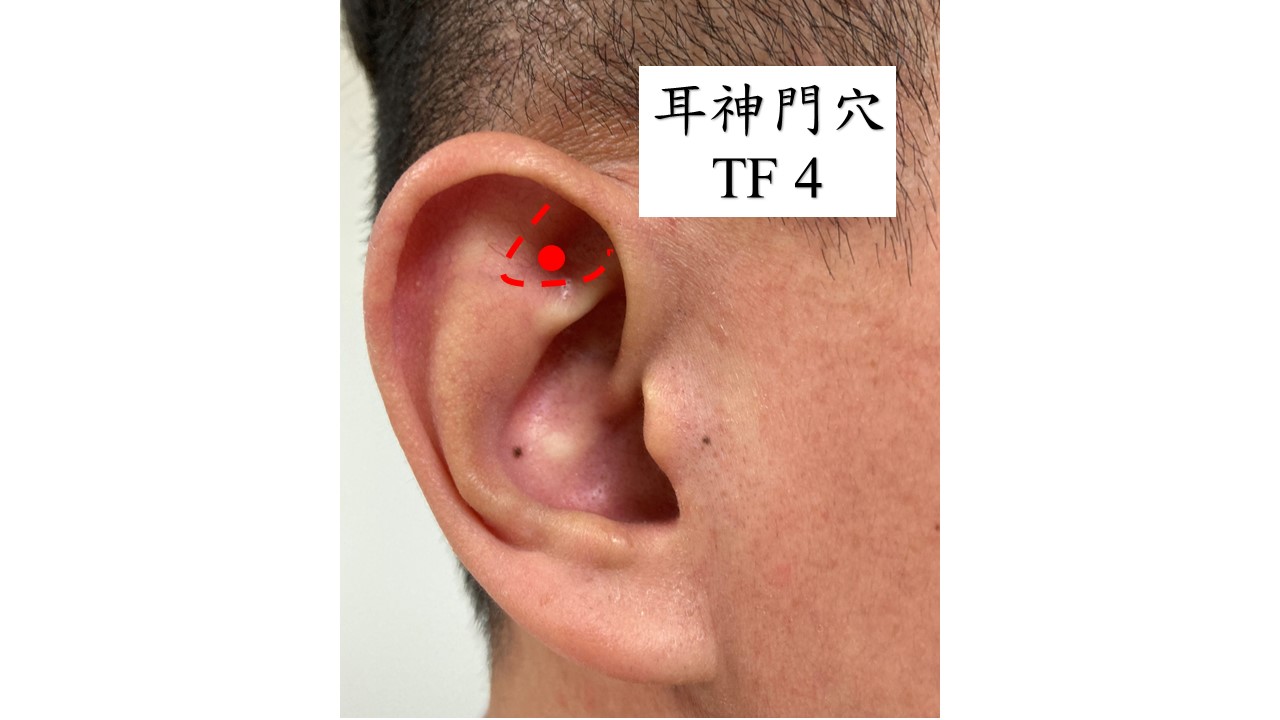What is insomnia
Insomnia is a sleep disorder characterized by specific diagnostic criteria:
- Difficulty in both falling asleep and staying asleep.
- These sleep difficulties persist despite having a suitable environment and opportunity for sleep.
- Daytime performance is impaired, leading to increased stress.
- This sleep difficulty occurs at least 3 times per week and has been a problem for at least 1 month.
Cause of insomnia
- Psychological factor: stress is the foremost factor that causes short-term insomnia. For example, stress from school, work, family, and marriage can all affect sleeping quality.
- Physical factor: physical problems, such as fever, tumor, asthma outbreak, pain on operational wound, will interfere with sleep.
- Daily habits: Drinking wine or coffee and tea in the afternoon or evening, doing intense exercise, and eating too much food (heartburn sensation) before sleep may jeopardize sleeping quality.
- Work requiring shifts: Work that requires employees doing shifts, such as nursing, may disturb one’s sleep.
- Jet lag.
- Environmental interference: Rooms that are too cold, hot, noisy, or bright will affect sleep. Some people only sleep in their own beds, resulting in poor sleeping quality in different environments.
- Medication: Medication, particularly those used for hypertension (e.g., alpha-blockers, beta-blockers) or asthma, can contribute to difficulty falling asleep due to their side effects. Additionally, discontinuing sedatives or sleeping pills can also hinder the ability to fall asleep.
Impact of insomnia
- Fatigue, unfocused, nausea, headache, tempered, and neurotic.
Daily care
- Establish healthy daily routines by ensuring sufficient exposure to sunlight, adhering to an early bedtime, and consistently waking up at the same time every morning.
- Engage in routine exercise daily. Before bedtime, opt for gentle and calming activities like a warm bath, and avoid intense physical activities, watching TV, or using electronic devices close to bedtime.
- Maintain comfortable sleep environment. Use eye mask and ear plug when necessary.
- Coffee, tea, cola and wine are prohibited from the afternoon onward.
- Take nap no more than half hour.
Insomnia and food therapy
- Lotus Seed Soup: Especially for flaming insomnia that can reduce heat and improve sleep.
- Dried Longan Tea: Tea drink made of dried longan that is suitable for insomnia with weakness.
Self-massage for insomnia
- Bend the fingers into comb and brush backward to the cervical vertebra.
- Properly massage the Shenmen acupoint (HT 7) or Ear-Shenmen (TF4) acupoint before sleep. The appropriate pressure during a massage should result in a slight sensation of soreness.
Chinese medicinal bath for insomnia
- Material: Jasmine blossom, poria, Cyperus, and rose.
- Steps: Lightly crush and wrap with non-woven fabric to soak in bathing tub.



